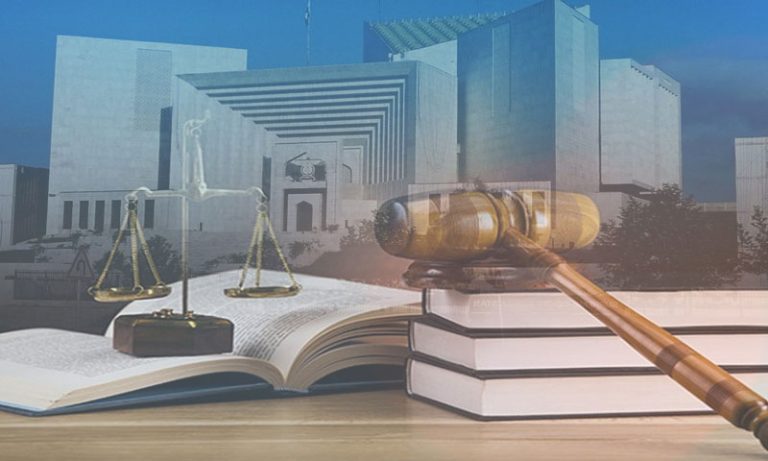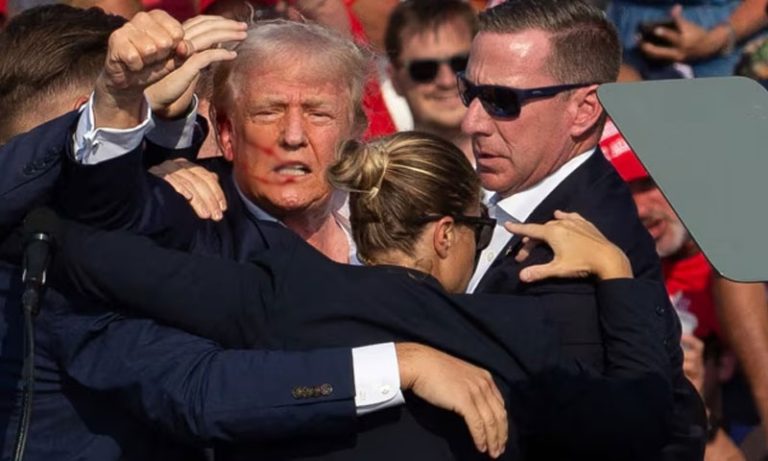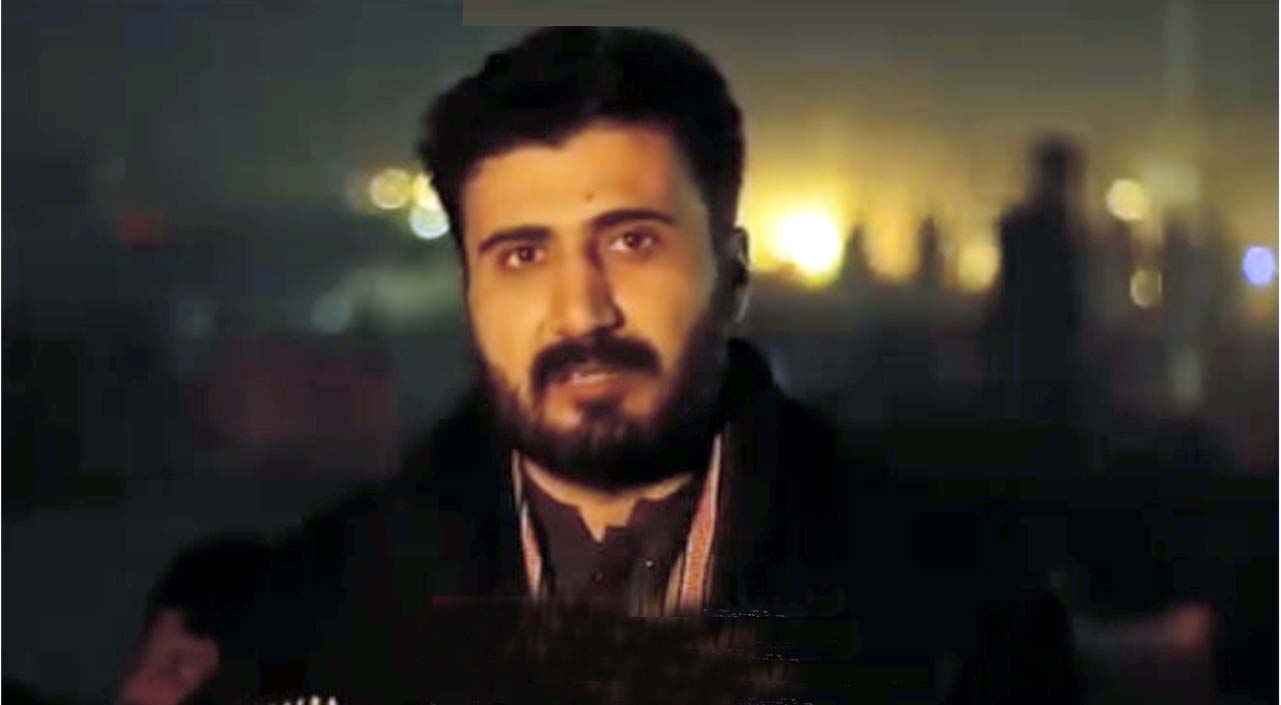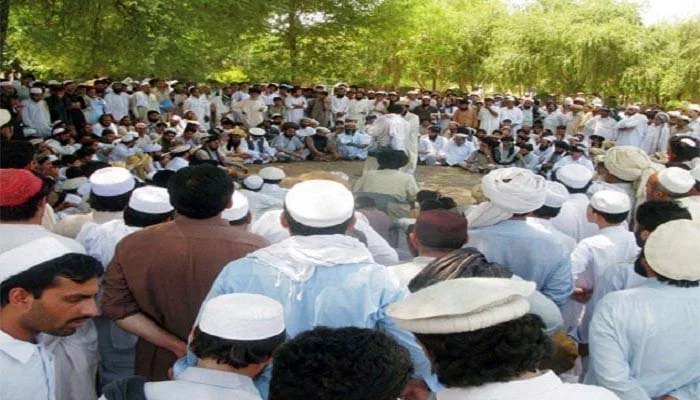Supreme Court’s Powers Redefined: Practice and Procedure Act Amended

Islamabad:Last year on October 11th, the Full Court under the leadership of Chief Justice Justice Qazi Faez Isa has legally established the Practice and Procedure Act, transferring the authority to hear cases, form benches, and issue suo motu notices from the Chief Justice to a committee of three senior-most judges or a three-member bench of the Supreme Court.
Interestingly, the previous PTI government was not particularly pleased with the three-member bench under former Chief Justice Umar Ata Bandial, often perceiving it as favoring Pakistan Tehreek-e-Insaf. In response, in March 2023, the Practice and Procedure Bill was introduced to distribute the Chief Justice’s powers. Following approval from both houses of parliament, only the President’s signature was pending for implementation, but the Supreme Court stalled it by declaring it against judicial independence. Consequently, former Chief Justice’s powers and his three-member bench did not gain any ground.
Currently, when the government awaits adjudication on appeals related to specific seats, the Practice and Procedure Act has become a barrier to their hearing.
“The government may repeal the Practice and Procedure Act next week,” said Senator Kamran Murtaza, former President of the Supreme Court Bar Association, to VOA News. “The Practice and Procedure Act was fundamentally legislated for the public good. However, with specific appeals regarding seats for adjudication pending, its implementation has become a hindrance.”
In response to the issue, Advocate Imran Shafiq stated, “The PTI is benefiting from the Practice and Procedure Act, both in its existence and non-existence.” During the tenure of former Chief Justice Justice Umar Ata Bandial, there was indeed an increase in abuse. “When one three-member bench heard all important cases without consultation, this issue led to the introduction of the Practice and Procedure Act,” he said. “At that time, it was said that all the powers to hear cases, form benches, and issue suo motu notices were with the Chief Justice, who used them like a king.”
“I understand that the implementation of the Practice and Procedure Act has proven useful in dividing the powers of a single individual among three members and, as the consultation on appeals related to specific seats approached, the three-member committee issued reasons that came before the public,” said Imran Shafiq Advocate. “It is a promising step forward for the public to understand why appeals related to consultations cannot be arranged.”
“In addition, it is also a matter that in the elections of Pakistan Tehreek-e-Insaf, there are other requests, and 18 members of the committee are interested in listening to the conversation of members on 18 July,” the committee said. “






